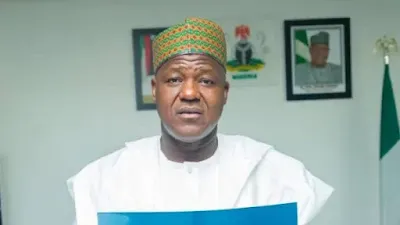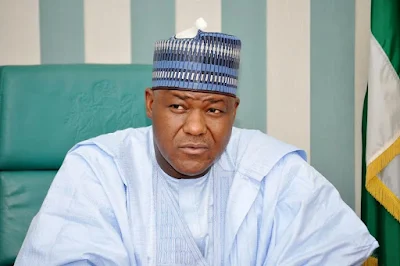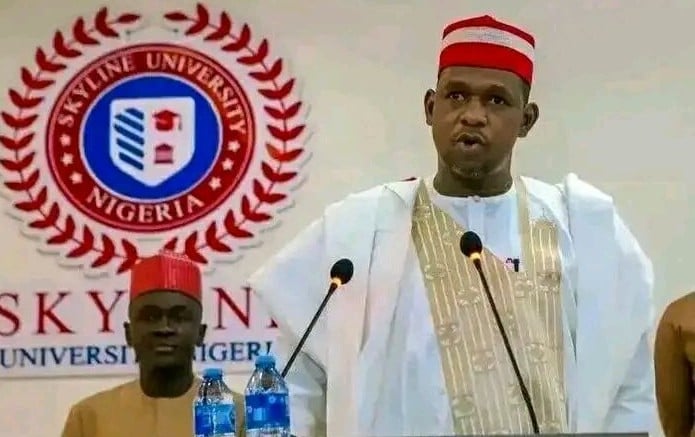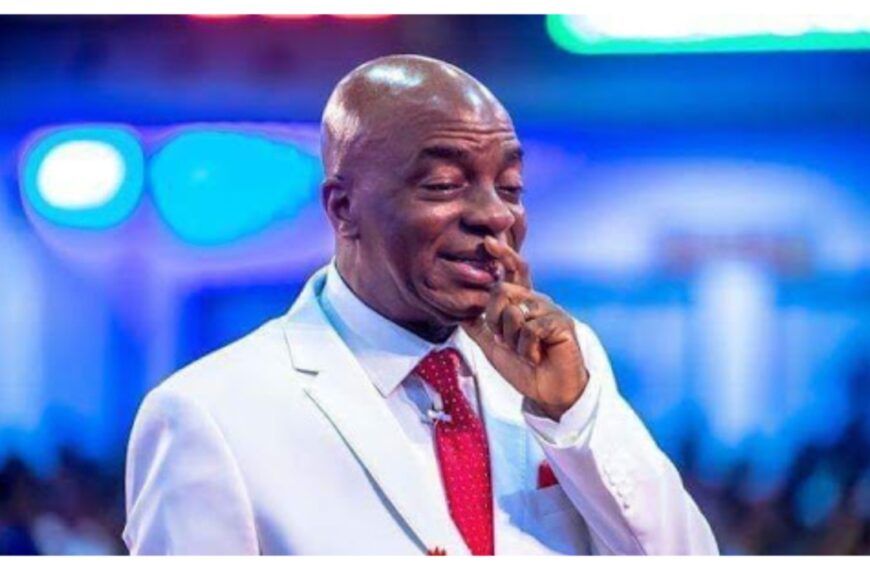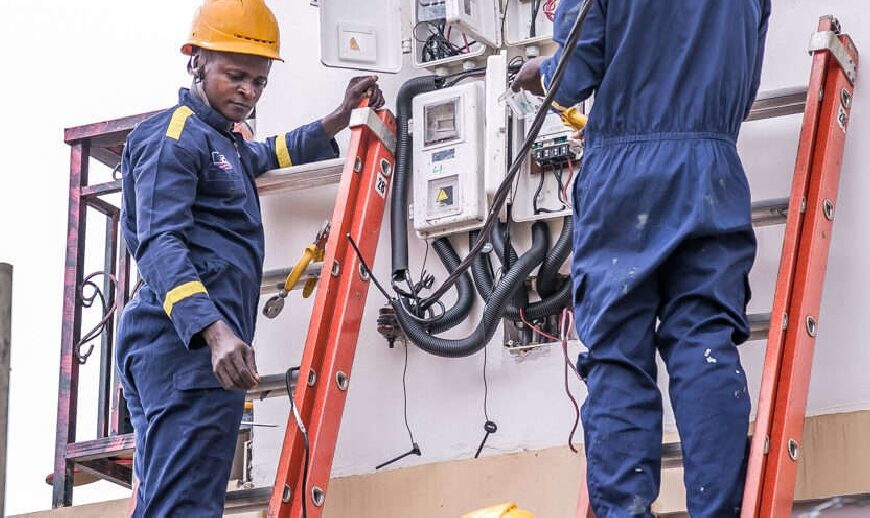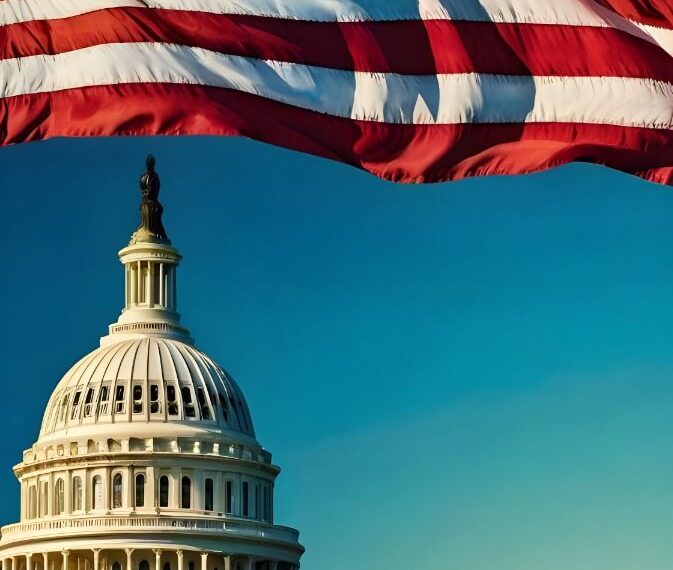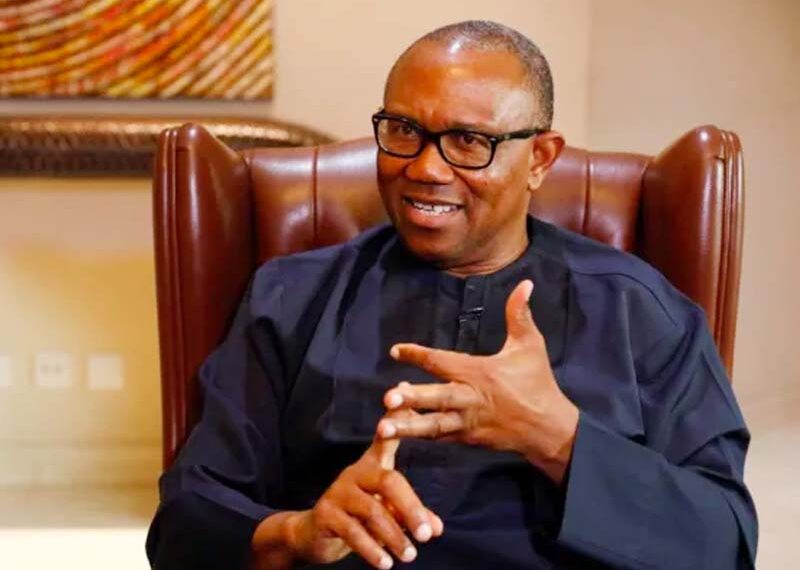In a dramatic turn of events, Governor Siminalayi Fubara of Rivers State was denied access to the Rivers State House of Assembly quarters in Port Harcourt on Wednesday. The governor and his entourage arrived at the premises, only to find the gates firmly shut, preventing their entry .
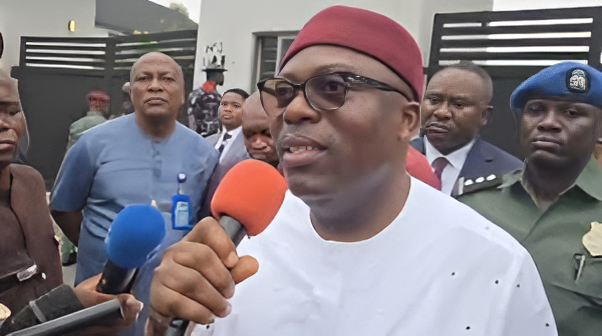
This incident is the latest escalation in the ongoing power struggle between Fubara and his predecessor, Nyesom Wike, now the Minister of the Federal Capital Territory. The conflict has resulted in a sharp division within the Rivers State Assembly, with 27 lawmakers loyal to Wike refusing to engage with Fubara.
The blockade was orchestrated by Speaker Martins Amaewhule and the pro-Wike lawmakers, who have been embroiled in a months-long feud with Fubara. The governor had attempted to present the 2025 budget, as mandated by a recent Supreme Court ruling, but was thwarted by the lawmakers .
The Supreme Court Ruling
The Supreme Court had ordered the Central Bank of Nigeria and the Accountant General of the Federation to freeze Rivers State’s federal allocations until a legally constituted House of Assembly passes an appropriation law. The ruling reaffirmed the legitimacy of Amaewhule and the pro-Wike lawmakers, directing them to resume their roles without obstruction.
Financial and Governance Implications
The political standoff carries significant financial repercussions for Rivers State. The freeze on federal allocations has placed immense pressure on the state’s government, potentially disrupting public services and governance operations. Fubara now faces the challenge of navigating this legislative deadlock while relying on internally generated revenue to sustain the state .
Public Outrage and Frustration
The blockade has sparked widespread outrage on social media, with many users expressing dismay over the state of governance in Rivers State. Opinions range from frustration at the perceived disrespect toward the governor to broader concerns about Nigeria’s political stability .
As the crisis deepens, the locked gates of the legislative complex have become a potent symbol of the broader impasse threatening Rivers State’s political and economic stability. The refusal of the pro-Wike lawmakers to engage with Fubara signals a hardening of positions, raising fears of prolonged instability unless a resolution is reached.

